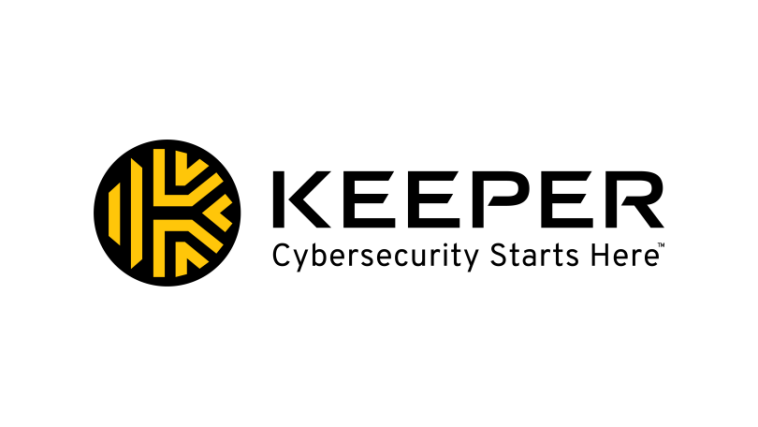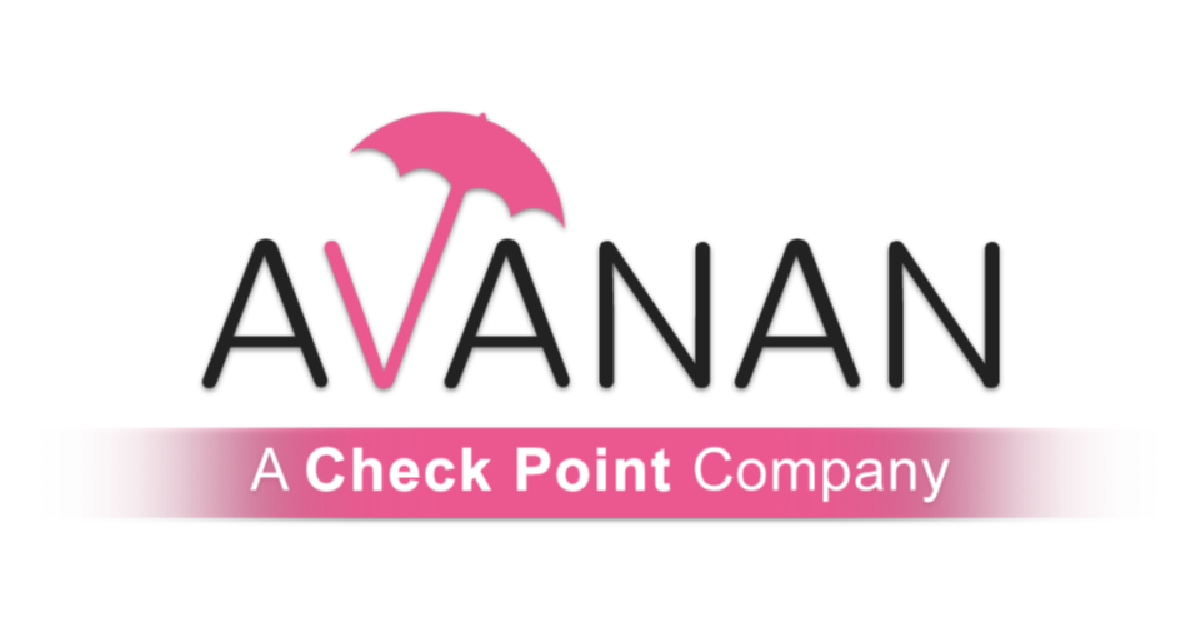As AI technologies become more pervasive, ensuring data privacy and robust governance has never been more critical. Businesses adopting AI must navigate complex regulatory landscapes and establish robust data protection strategies. This article explores the privacy concerns, data storage practices, and governance frameworks essential for responsible AI deployment.
Privacy Concerns: Who Owns Your Data?
The use of AI inevitably raises questions about data ownership and privacy. Many AI models, particularly free-to-use ones, store user inputs to refine their algorithms. While this can enhance model accuracy, it also creates potential vulnerabilities for sensitive data exposure.
- User Data Storage: Free AI services may retain queries and interactions to improve performance. This means that confidential or proprietary information might be stored on external servers, increasing the risk of data breaches.
- Enterprise Solutions: In contrast, enterprise-grade AI tools, such as Microsoft Copilot, are designed with stringent privacy measures. They typically ensure that business data remains confidential and is not used to train public models, safeguarding sensitive information.
Data Storage Rules: Where Does AI Store Your Information?
Understanding how and where data is stored is fundamental for businesses integrating AI solutions. There are generally three models to consider:
- Public AI Models:
- Hosted on cloud platforms by major tech companies.
- Data is stored externally, often used for continuous model improvement.
- Offers scalability but poses higher privacy risks.
- Enterprise AI Solutions:
- Tailored for business use with enhanced security features.
- Data is generally not used for external training, ensuring greater confidentiality.
- Ideal for companies prioritizing data protection and regulatory compliance.
- On-Premise AI Models:
- Self-hosted solutions where data remains entirely within the organization.
- Offers maximum control and security, crucial for highly regulated industries (e.g., finance, healthcare).
- Requires substantial IT resources and expertise to maintain.
AI Governance & Compliance: Navigating the Regulatory Landscape
The evolving regulatory environment necessitates that businesses adopt comprehensive governance frameworks to manage AI responsibly. Key regulatory frameworks include:
- General Data Protection Regulation (GDPR): Enforces strict data handling and privacy rules in Europe, requiring explicit consent and transparency.
- The AI Act (European Union): Proposed legislation aimed at regulating high-risk AI applications by enforcing standards for safety, transparency, and accountability.
- US AI Executive Order: Focuses on minimizing algorithmic bias, enhancing safety, and promoting ethical AI use in federal applications.
- ISO/IEC AI Standards: Provide international benchmarks for risk management, ethical use, and transparency in AI systems.
Best Practices for AI Governance
For businesses to harness AI safely, the following strategies are crucial:
- Regular Audits: Continuously assess AI systems to ensure compliance with evolving standards and regulations.
- Zero-Trust Security Models: Implement strict access controls and verification processes to minimize risks.
- Employee Training: Educate staff on the ethical and operational aspects of AI, ensuring that everyone understands data handling protocols.
- Transparent Policies: Clearly communicate data usage and privacy policies to stakeholders, building trust and accountability.
Balancing innovation with security is the key to successful AI integration. By understanding the nuances of data privacy, storage, and governance—and by implementing robust policies—businesses can leverage AI’s transformative power while protecting sensitive information and maintaining regulatory compliance.


































